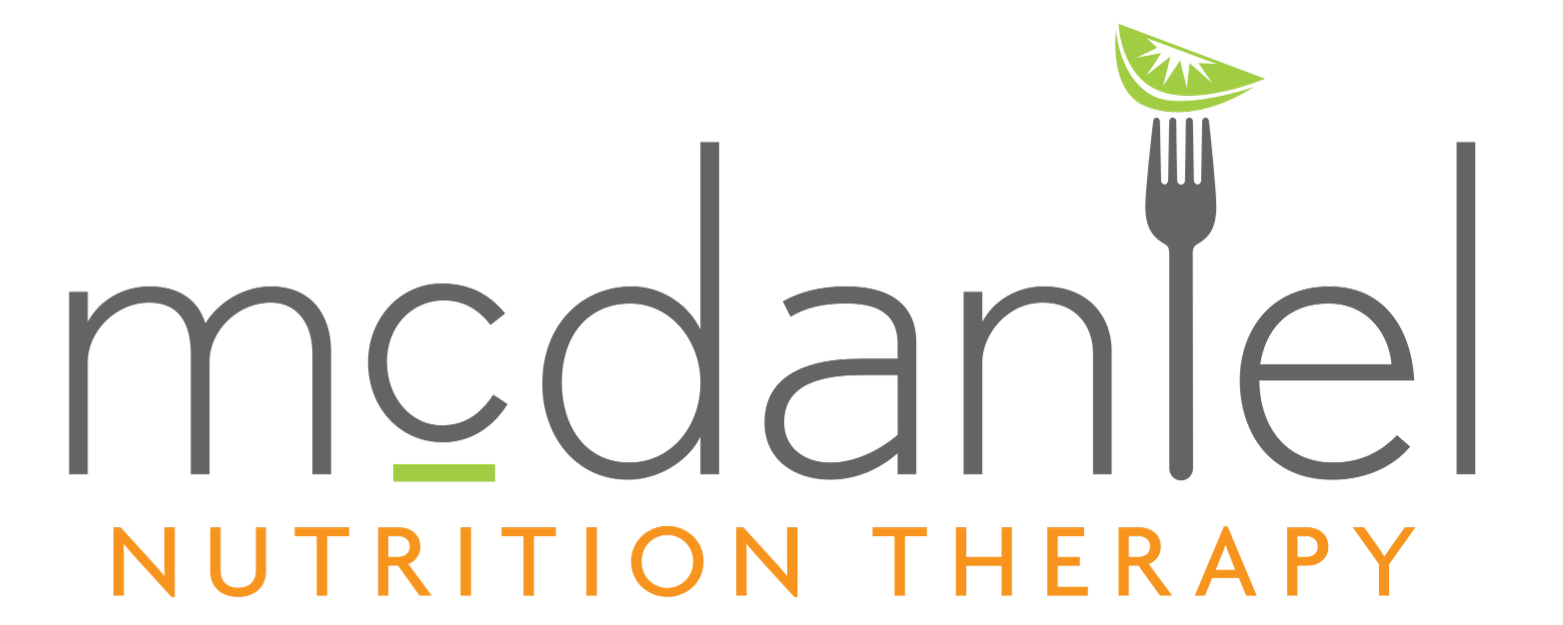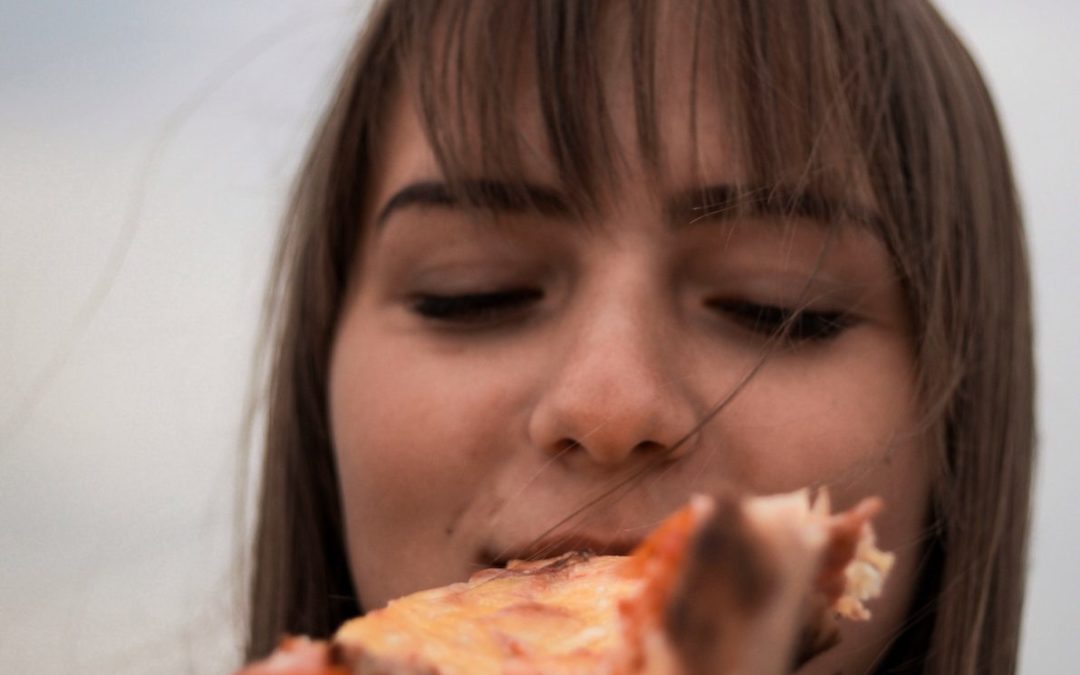According to the book ‘Intuitive Eating’ by dietitians Evenlyn Tribole and Elyse Resch, an intuitive eater is someone who “makes food choices without experiencing guilt or an ethical dilemma, honors hunger, respects fullness and enjoys the pleasure of eating.” It’s a style of eating that turns away from external sources and looks inward for body trust. It’s been shown to reduce binge eating, improve health markers such as blood pressure and cholesterol, improve body satisfaction, and decrease depression.
IE has gained popularity over the past several years and has been confused with being a weight loss program or a free pass to eat cookie dough for every meal. True IE is the most balanced and natural way to eat. Here are some of the most common challenges and frequently asked questions:
If I give myself full permission to eat anything I want, I’m never going to stop eating junk food.
It may be surprising that after you’ve given yourself permission to eat previously restricted foods, they lose their luster. Systematic habituation, meaning getting used to something after repeated exposure, happens and foods don’t have the emotional charge as they used to. The more available something is, the less urgency or sometimes even desire there is to have it. It can help to introduce one “trigger food” at a time, so not to feel overwhelmed and continue giving yourself endless permission to all foods. Over time, your body will naturally want other foods and will settle into a good balance and variety.
Can you practice IE with a chronic health condition?
Of course! Obviously, there are times when following an evidence-based nutrition plan makes sense. For example, if you’ve recently been diagnosed with a shellfish allergy and you go out to eat, craving some crab legs, it’s in your best interest that you shut down that craving! Intuitive eating with a medical issue doesn’t mean you should eat a food that’s harmful to your body. Remember that Intuitive eating is an act of self-care. Eating in a way that is best for your condition means that you have the upmost respect for your body.! This is also where gentle nutrition comes in, the last principle of IE. Focus on what foods make you feel your best, which will naturally steer you towards a good balance.
How do I stop feeling guilty for eating unhealthy foods?
Feeling guilty for food choices is super common (and accepted) in today’s culture. The first step is to stop naming foods as “good” or “bad”. Not only that, but we often then go on to label ourselves “good” or “bad” for making the decision to eat something. All foods have something positive to offer; whether it be a good dose of vitamin C or fully enjoying a dessert at the restaurant you’ve been wanting to go to. The second step to deal food guilt is to eliminate deprivation and continuously allow yourself to have all foods. Deprivation leads to intense cravings and often overeating, which can then lead to even more guilt!
What’s the difference between mindful eating and IE?
This can be confusing as these two are often used interchangeably. Mindful eating, as we touched on in this post, is the act of staying present while enjoying food, without judgment. Intuitive eating includes mindful eating as part of its philosophy, but extends outside of the eating experience; such as rejecting diet culture, practicing gentle nutrition and exercise, etc. The similarity is that both put focus on listening to your body’s cues. It can be very beneficial to incorporate a regular routine of mindful eating to fine tune intuitive eating skills such as recognizing physical vs emotional hunger.
Is IE good for kids?
Yes! We’re all born as intuitive eaters. Think about a baby; they cry to let you know they need food, and they turn their heads away when they don’t. Kids will be ravenous one day and another day will eat one bite of a cupcake and be done. Somehow, though, they know exactly what they need without someone else making those decisions for them. Kids can be pulled away from IE when well-meaning parents incorporate a ‘clean-plate club’ or offer little variety in the child’s diet, maybe wanting them to eat the healthiest way possible. But again, IE is the best, most natural way to eat.
Will IE help me lose weight?
A resounding: MAYBE. No promises. It’s advised to put weight loss on the backburner when learning how to eat intuitively, but I know this can be hard for people, especially if you have clinicians recommending weight loss. IE essentially gets your body to its set point. If you’re currently undereating, you’ll likely gain weight. If you’re overeating, you might lose weight. And people often stay around the same size! There can be a time period of your body fluctuating in weight in order to find its happy set point. Although IE is associated with a lower BMI, it isn’t advertised as a weight loss program.
If you’re interested in getting more confident with your IE skills, contact us to set up a virtual session.

